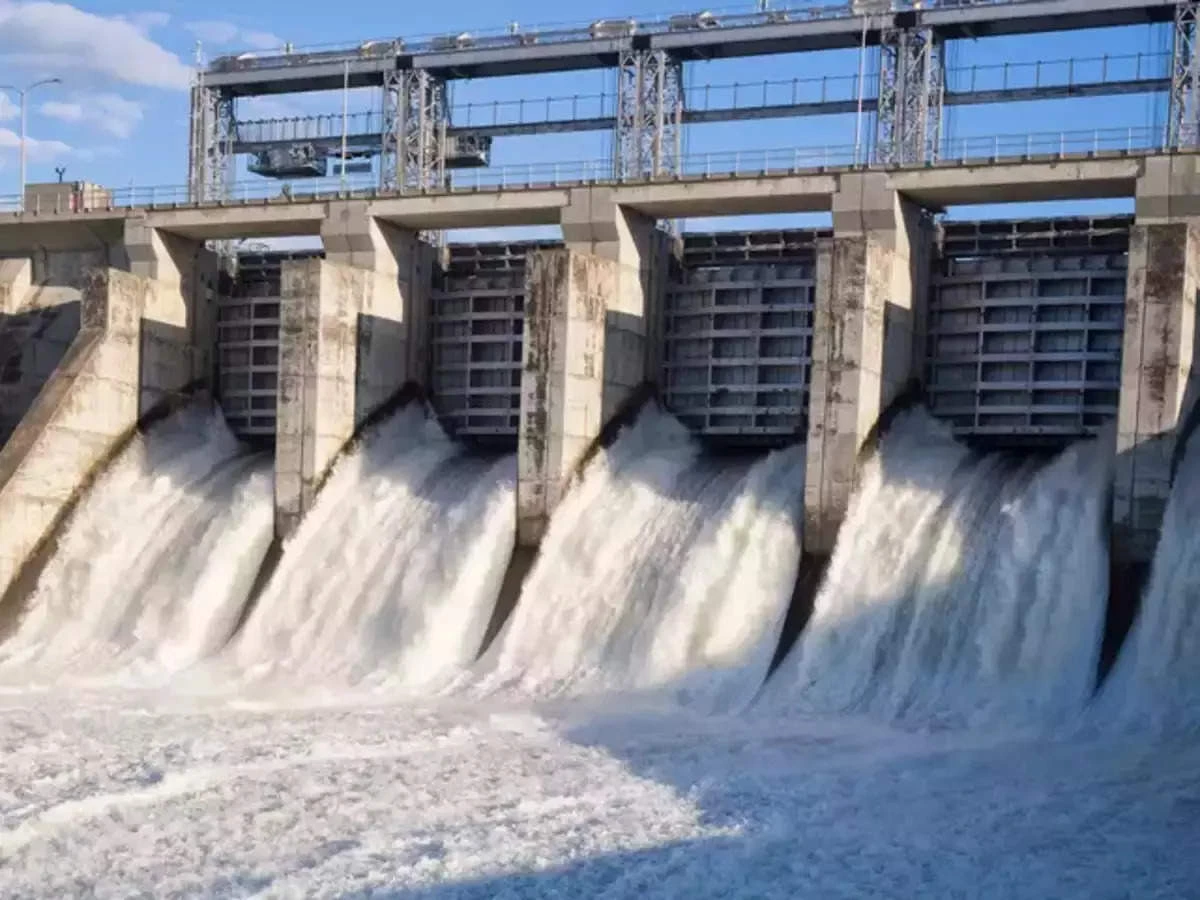
Uganda Commissions $1.7 Billion Hydropower Plant Financed By China

Uganda commissioned its largest electricity generation facility, the 600-megawatt Karuma Hydropower Project.
The $1.7 billion project, primarily financed through a loan from China, significantly increases the country’s power generation capacity to over 2,000 MW, according to Reuters.
A Chinese state-owned engineering company, Sinohydro Corporation, constructed the project. The plant, built on the River Nile, experienced multiple delays after construction began in 2013.
At the commissioning ceremony, Chinese Ambassador Zhang Lizhong described the hydropower project as a symbol of China-Uganda cooperation, adding that the plant would “connect millions of households with affordable electricity” and “contribute to sustainable clean energy for East African development.”
China’s Exim Bank funded 85% of the project through a $1.4 billion loan, while Uganda covered the remaining costs.
Alongside the plant, a 248-kilometer transmission line was also launched Thursday to distribute the power.
Currently, Uganda exports power to neighbouring Rwanda, Tanzania, and Kenya and plans to build another transmission line worth $180 million to export electricity to South Sudan, which is experiencing energy challenges.
Energy Minister Ruth Nankabirwa acknowledged that the Karuma Hydropower Project faced several logistical challenges, including delays caused by the COVID-19 pandemic.
This is the second major hydropower project in Uganda funded by China. The first one is the 188 MW Isimba Dam, completed in 2019; the project cost $500 million.
UNGA: Malawi President Urges International Community To Write Off Africa’s Debt
About The Author
Related Articles
As Death Toll Rises in Kwara and Katsina, US Troops Arrive and Trump Applauds Remi Tinubu
More than 200 Nigerians have been killed in a wave of attacks...
ByWest Africa WeeklyFebruary 7, 2026Ghana Records Lowest Inflation in Five Years
Ghana’s inflation has fallen to its lowest level in five years, offering...
ByWest Africa WeeklyFebruary 6, 2026Rebel Group Targets Kisangani Airport in Escalation of Congo Conflict
A rebel coalition in the Democratic Republic of Congo has claimed responsibility...
ByWest Africa WeeklyFebruary 6, 2026Ghana to Rename Kotoka International Airport
Ghana’s government is preparing to rename the country’s main international gateway, Kotoka...
ByWest Africa WeeklyFebruary 4, 2026












Leave a comment